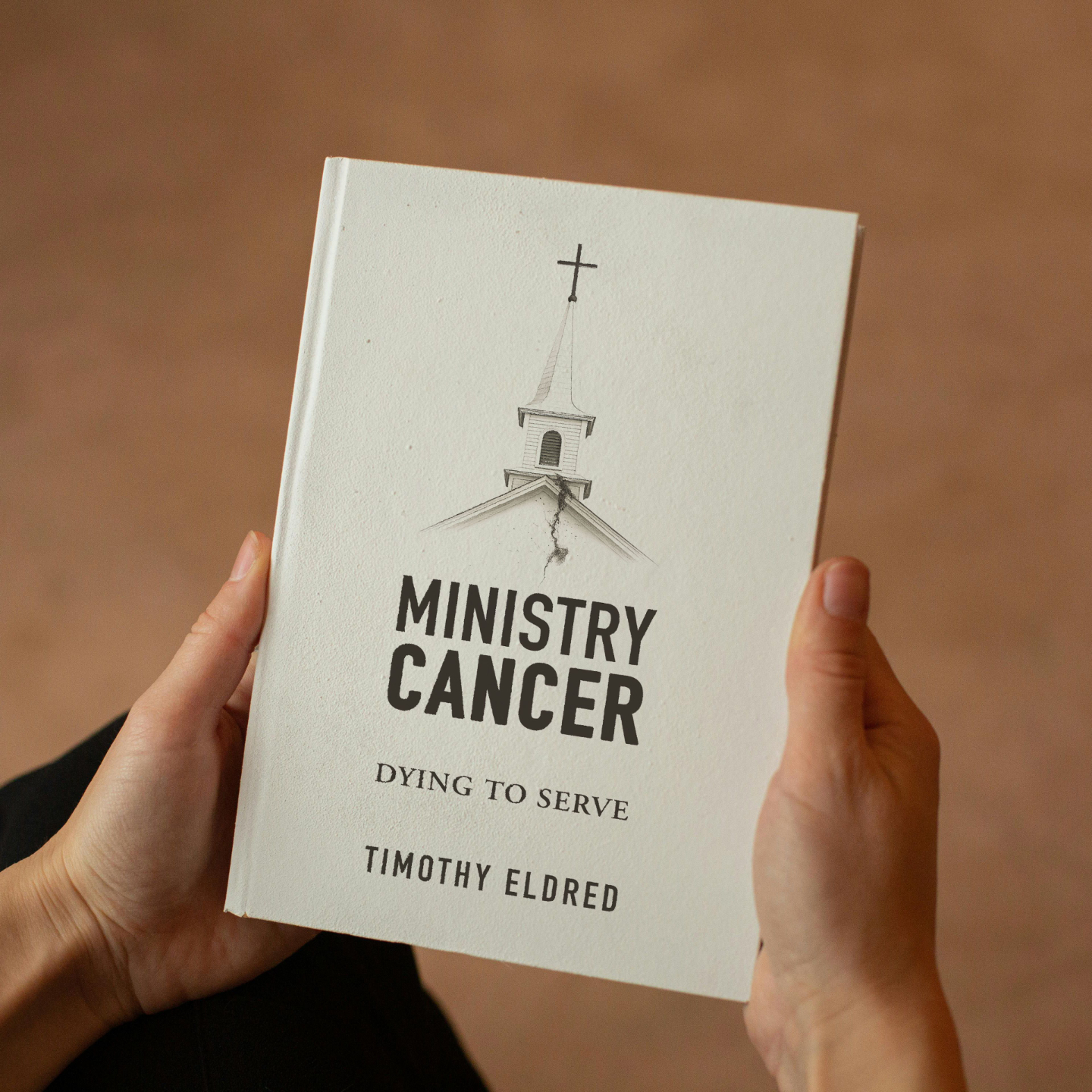The Lie of Just One More Sunday

Ministry doesn’t pause. Not when you’re tired. Not when your soul is dry. Not when your family’s fraying.
The demands don’t lessen because your capacity is low. In fact, sometimes it feels like the weight increases in direct proportion to how close you are to running out. And yet, most of us just keep saying yes.
We tell ourselves it’ll slow down after this week. After the series wraps. After Easter. After the youth retreat. After we write just one more sermon. Lead just more meeting.
But it doesn’t.
Because the system we’re caught in doesn’t allow for rest. It only knows momentum. It rewards motion, not health. And over time, we start believing the lie that motion is health. That if we just keep going, we’re doing what we’re supposed to do.
That’s the lie I want to expose today.
And it’s not just about lead pastors or preaching roles. This one goes deeper. It affects every pastor, every leader, every person who has given their life to vocational ministry and quietly believes that their worth is still tied to their work.
I remember a year in my early 40s when I preached 42 out of 52 Sundays. I didn’t even realize it until the next year rolled around and someone pointed it out. I wasn’t proud—I was numb. I was tired. And worse, I was afraid to stop.
I wasn’t just afraid the church would suffer. I was afraid I would.
Because if I stopped preaching, I’d have to face the truth that I didn’t know how to rest. That I didn’t know how to be still. That I had been functioning in survival mode for so long, I had forgotten what it felt like to be led beside quiet waters.
And I’m not alone.
I’ve heard it from the executive pastors who never preach but carry the operational burden of an entire ministry. From worship pastors who don’t know how to be in church without leading from the platform. From student pastors who feel like failures if the room isn’t packed. From bivocational leaders who are tired of feeling invisible.
They all say it in different ways—but it echoes the same refrain:
“If I can just get through this week…”
But here’s the truth: there’s always another week. There’s always another Sunday. Another fire. Another expectation. Another moment where you wonder if you’re the problem—or if the system might be broken.
The Cultural Conditioning of the Church Leader
We weren’t just trained to teach. We were conditioned to perform. Ministry has become a stage. Whether it’s in the pulpit, behind a guitar, or poring over a spreadsheet. We’re evaluated by numbers, applauded for productivity, and privately afraid that rest is a form of weakness.
So we spiritualize our exhaustion.
We call our burnout “faithfulness.”
We ignore the fact that we’ve been on empty for months—sometimes years.
And the people around us rarely know, because we’re good at pretending. That’s part of the job too, right?
But here’s what no one tells you at seminary. Jesus never asked you to do ministry that way. He said, “Come to me, all you who are weary and burdened, and I will give you rest.” “My yoke is easy. My burden is light.” (Matthew 11:28–30)
If the yoke you’re carrying feels crushing… it might not be His.
Why "Delegation" Isn’t the Answer
Let’s deal with one of the common lies right here: “You just need to delegate more.”
Wrong.
Pastors don’t delegate. That’s a corporate word, built for top-down hierarchies and productivity chains. Ministry isn’t a factory—it’s a family. And healthy pastors don’t offload tasks. They equip people.
There’s a massive difference. Delegation is about moving things off your plate. Equipping is about raising others up to lead.
One is reactive. The other is relational. One gets stuff done. The other forms disciples.
So if the answer isn’t “delegate more,” what is it?
It’s to stop playing the hero. To stop proving your value through exhaustion. To start reclaiming your role as an equipper, a builder, a spiritual parent—not a performer.
Three Hard Questions Every Ministry Leader Must Ask
If you want to break the cycle of burnout, you don’t need a new planner. You need a new paradigm. Start with these:
1. What am I doing that someone else is ready to be equipped for?
Not just tasks—but opportunities for growth. Who around you is ready to be trained, coached, trusted with responsibility? This isn’t about delegating—it’s about discipling. What if ministry became the vehicle for forming leaders, not just meeting deadlines?
2. What responsibilities have I kept out of fear or insecurity?
Be honest. Are you still preaching weekly because it affirms you? Are you running every decision because you’re afraid to lose control? This isn’t judgment—it’s invitation. Identify what you’re afraid to release and let God meet you there.
3. What lie about my identity have I built my rhythm around?
That you’re only valuable if you’re needed. That you can’t stop or you’ll be replaced. That the church will fall apart if you rest. Every one of those lies will keep you hustling long after the Spirit has invited you to rest.
A Different Kind of Leadership Starts Here
You weren’t called to manage ministry. You were called to equip the saints for it. (Ephesians 4:12) And you can’t equip anyone if you’re too tired to see straight. You can’t model wholeness if you’re breaking silently behind your role.
So here’s where you can start today:
Pick one thing—just one—that you’ve been holding onto out of fear or control.
Then ask:
Who could I begin equipping for this role instead of hoarding it for myself?
Meet with them. Share the “why.” Start small. Train slowly. Celebrate their progress.
This is how you reclaim your time, your heart, and your health—not by stepping out of ministry, but by stepping back into what it was always meant to be: relational, reproducible, and sustainable. And by the way, if you've heard this advise over and over and don't know how to stop and need help, we're ready to walk with you.◼︎
Tim Eldred has spent over 35 years in pastoral ministry and coaches pastors and churches who are ready to move beyond merely surviving. He founded The Authentic Pastor to help ministry leaders find freedom from the pressures and systems that wear them down.
If you found this article helpful and want them in your inbox, sign up here.
We’ll send you each article plus updates from The Authentic Pastor that cut through the noise. No spam, just the good stuff—you can unsubscribe anytime.


